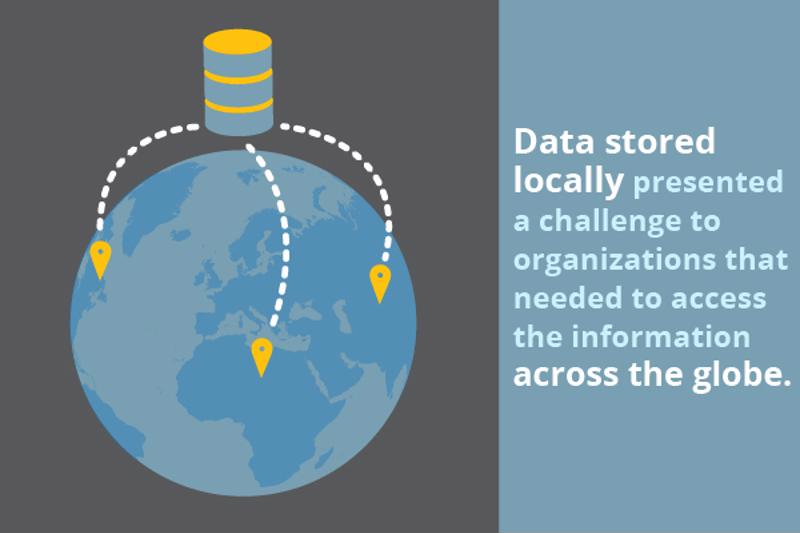A supply chain is a well-oiled machine: When it’s working well, many different parts have to come together to ensure sustainability and success. For instance, one of the most important aspects of running a supply chain operation is maintaining a high level of agility – and, in effect, visibility – throughout the entire organization. With key insights from across the enterprise and synchronized customer and operational data across the board, companies can more easily and quickly respond to changes in today’s ever-evolving global supply chain.
The tools helping these companies maintain high agility in their operations are becoming more streamlined. Many enterprises are now turning to cloud-based software applications to help them decrease response times, lower IT spend and implement innovation more quickly.
How is the cloud being used to improve the supply chain and related functionalities (like agility, visibility and data synchronization, among others) across entire organizations? Let’s take a look:
Efficiency creates visibility
Cloud-based supply chain management tools offer operations directors real-time insights. According to Supply & Demand Chain Executive contributor Anthony Clervi, the cloud provides quite a few benefits for supply chain organizations. One of those advantages is enhanced efficiency, which translates to agility in the supply chain. In short, cloud-based tools help create internal efficiencies, which means that organizations can innovate more quickly without the need to hire more employees.
Inbound Logistics contributor Suzanne Heyn noted that cloud-based tools and collaborative systems allow all parties to input information into the database. This information is then available in real time, so change orders, shipment notices and invoices can be exchanged and taken care of in record time.
 The cloud rises to the challenge of data sharing for global supply chains.
The cloud rises to the challenge of data sharing for global supply chains.
Example: Shipping companies
The port agents of large shipping companies have recently gotten a boost from the cloud. According to Maritime Executive contributor Lars Fischer, these shipping firms used to invest heavily in on-premises systems that were cumbersome, expensive and difficult to maintain. Data was stored and retrieved locally, presenting a challenge to organizations that needed to access information from across the globe. However, now that these companies are moving to a cloud-based model, they’re finding that they have more control over their data.
“Today’s technology means that a solution developed specifically for port agents can take a leap away from the cumbersome heavy-weight systems of yesteryear in favor of an alternative marrying packaged software with cloud-based, platform-independent technology,” Fischer wrote.
In other words, these maritime port agents are able to use the cloud to manage the near-overwhelming amount of information they have to be responsible for on a day-to-day basis. This allows them to utilize one solution to make sure their operations are functioning properly – increasing response times, reducing IT spend and creating all-around agility within their organizations.
It is because of this focus on decreasing operational investments and augmenting the level of agility within the supply chain that organizations turn to the cloud.
For more information about how cloud-based tools can improve your supply chain, contact the Oracle and cloud experts at Inspirage today.